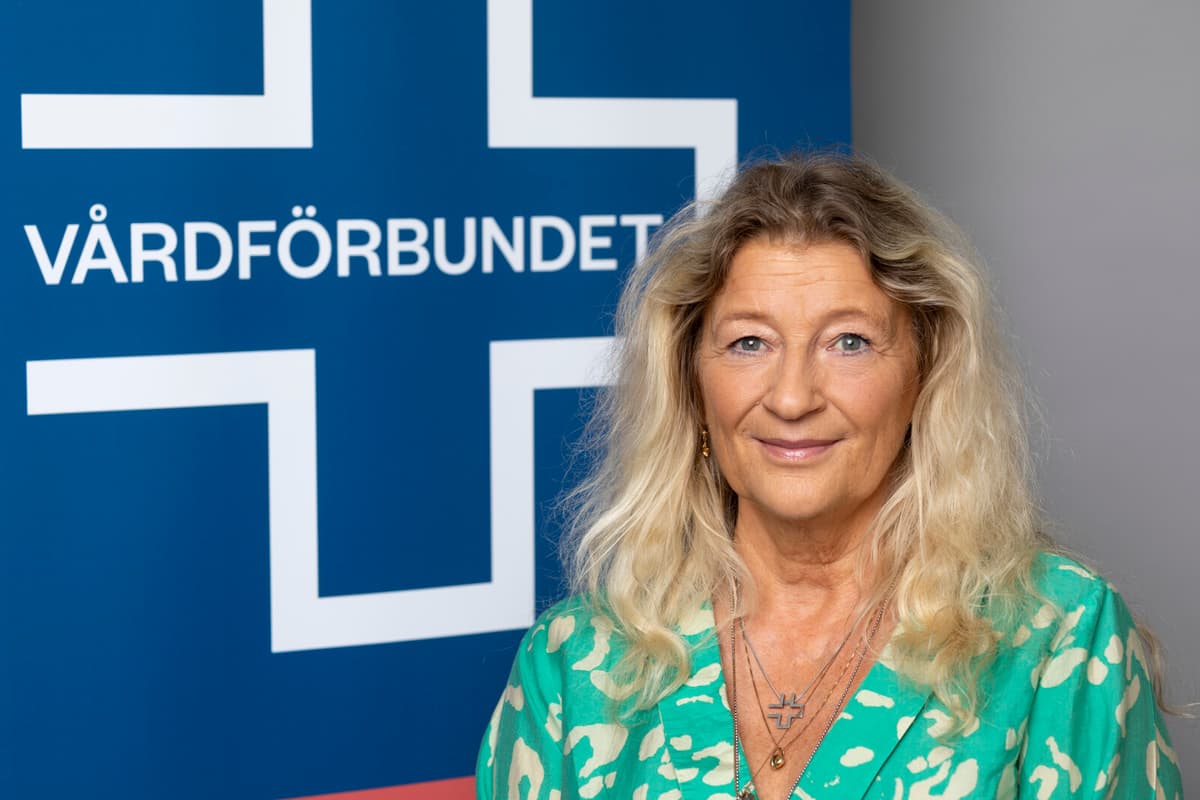In a press release, the Swedish Association of Health Professionals announces that the agreement follows the industry's benchmark of 6.4 percent salary increases over two years. First, 3.4 percent this year, and then 3 percent in 2026.
Janí Stjernström notes that it has been "tough negotiations". But with pros and cons weighed against each other, they are satisfied.
In addition to the new salary increases, the parties have, among other things, agreed on increased on-call compensation at the same percentage rate as the salary increases, and compensation for overtime instead of extra time.
We have achieved a success in these negotiations, which leads to much more compensation for our members – so there is more in the wallet, says Janí Stjernström.
She also highlights that they have obtained improved conditions for flexible working hours. This means that "predictability is now entirely different".
Is there anything that they had wanted to achieve but had to give in on?
You always have to give and take. We haven't achieved everything we wanted. That would be strange. But on the other hand, we have achieved what we prioritized as most important for our members, says Janí Stjernström.
The agreement affects 110,000 publicly employed midwives, biomedical analysts, radiology nurses, nurses, and managers.






